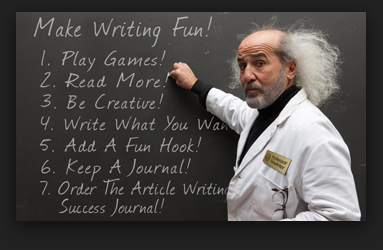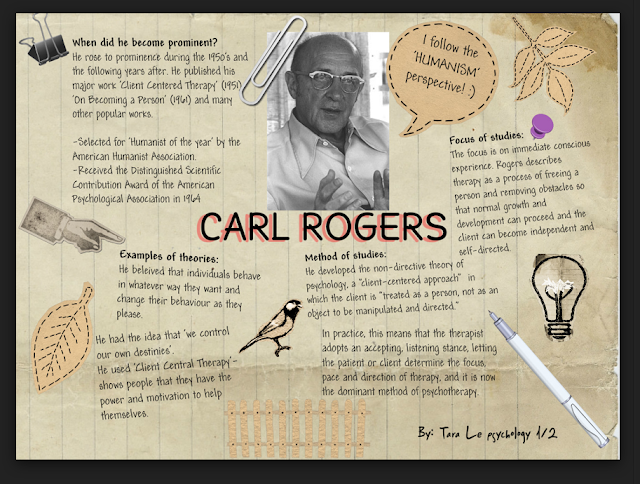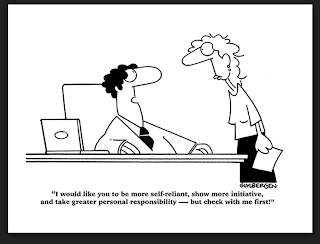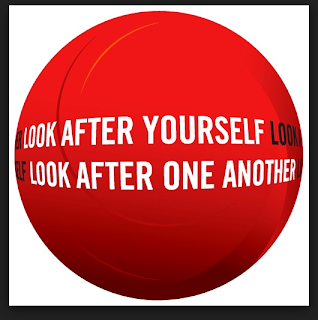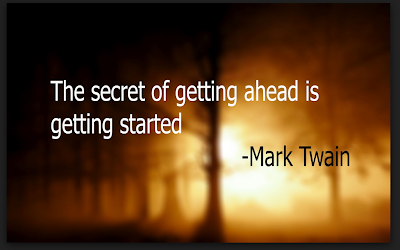The last and final blog post assignment for EDM310 is to reread Blog Post #1 and write about your classroom, methods of teaching, and tools utilized by our students and teachers. Honestly, I love my first blog post and my vision for what my classroom would look and be like. I will probably just be adding a few minor details.
Hello! My name is Wannetta Fincher. I am a student at the University of South Alabama in Mobile. I plan to major in Health Education with a teaching certification because of my passion for helping others and working in a health related field. I am taking EDM310, a micro computing course, to stay afloat in today's rapidly advancing technology. This blog is a part of my experience in Dr. Strange's course. This will be my first and part of my last blog post, however I look forward to learning and benefiting from a network of academics.
Classroom Jazz
Before I begin, I am going to tell you a story that illustrates my motivation to pursue Health Education. In eighth grade, I took a Health class. Although I was active in sports, my family seldom stressed health and nutrition. On the first day, my teacher passed out calendars and food diaries for us to evaluate our nutrition and health. Unfortunately, the majority of us were either malnourished or exceeding recommended caloric intake. Next, she had us write a goal above our calendars and also write exactly what we were going to do to achieve that goal. We learned about habits; it is possible create habits in three weeks. Never exercising outside of athletics, I chose to start running or walking daily. So, I chose a partner and we began walking. After a while, we started running three light poles and walking one. Not long after, we had ran a mile without stopping! We eventually ran two miles everyday until the end of the assignment. Furthermore, after I had reached my goal on the third week, I could not stop. She was right about habits. For the rest of my high school career I ran four to six miles everyday and up to half a marathon. Needless to say, I also had made my family an entirely revised grocery list. This story illustrates the impact of Mrs. Peterson's class on my future. She inspired me to want to help others.
When I think about my future classroom, the only constants will be change, stimulation, and an effective and comfortable learning environment. My plans as a health educator include traveling to third world areas to teach and campaign for health, diet, and nutrition. My certification covers grade six to twelve, however my preference focuses on middle and high school. Nonetheless, I am happy to work with all grades and ages. I chose this focus bracket because these students are becoming mature enough to think critically, evaluate situations outside of simply following directions, and possess the power to make changes. Therefore, keeping in mind that my instruction will be nomadic, my future classroom will be a wholly stimulated classroom created by my immediate students and their work. Imagine a classroom of desks arranged in pods to promote social skills and teamwork while exposing students at different academic levels to be positive peer models. The walls will have posters made by the students to share information and evaluate other's work. This will enable students to learn while just scanning the immediate environment. Constant motivational reminders will be posted throughout the room to lock essential information into long term memory.
++I would incorporate a smart board and iPads if I could gain access to these tools. Also, I would like plants and animals in my classroom. Media, videos, and Skype would be utilized. Skype would especially be helpful so the students can contact experts, ask questions, and connect around the world. Students seeing other students learning about the same ideas is definitely great peer influence and gets the students excited.
++I would incorporate a smart board and iPads if I could gain access to these tools. Also, I would like plants and animals in my classroom. Media, videos, and Skype would be utilized. Skype would especially be helpful so the students can contact experts, ask questions, and connect around the world. Students seeing other students learning about the same ideas is definitely great peer influence and gets the students excited.
I plan to utilize scientifically researched methods of teaching while combining effective, personal experiences as a student. Positive reinforcement, praise and observational learning will be stressed. I will give an explicit and clear overview for the course and explain daily activities as many students need an idea of a larger picture to fully understand their expectations. I will save time in lessons for questions and open discussions while encouraging students to answer each other's questions and supply peer input. This will promote critical thinking and problem solving. If available, textbooks will be used with presentations to aide understanding and provide examples of how the information pertains to the students personally. Moreover, trivia games will be incorporated to make learning rewarding and memorable through positive reinforcement. Of course, we learn by doing and practicing. I will lecture for the auditory learners, show powerpoint presentations for the visual learners, hold discussions and assign projects for the hands on learners, while having them take notes for practice and relearning. Importantly, instilling confidence in the students will facilitate learning.
++Project based learning will definitely be incorporated. Moreover, my students will have daily journals to share share their writing and progress. A quote or theme will be given every morning and students can take 30 minutes and use their creativity. I feel this will give them time to reflect as well as improve writing skills. Also, if I have access to computers, the students will be learning how to blog, connect, and share however the students will have the freedom to choose what they write.
++Project based learning will definitely be incorporated. Moreover, my students will have daily journals to share share their writing and progress. A quote or theme will be given every morning and students can take 30 minutes and use their creativity. I feel this will give them time to reflect as well as improve writing skills. Also, if I have access to computers, the students will be learning how to blog, connect, and share however the students will have the freedom to choose what they write.
One could be an exceptional teacher, however a lack of motivation from students can hold a classroom behind. It is important to motivate students without overwhelming them by creating an inviting, interesting, and challenging atmosphere. For instance, if one would like a child to read more, surround them with books, have them read, read to them, and have his or her peers reading around them. Additionally, I will concentrate on assuring my students of their capability to learn the material and do well. A student does better and will not give up if he or she feels the task is possible. Again, my students will learn through all senses: writing, reading, watching, and discussing. Group work, open class discussions, and peer reviews constantly provided will promote learning and critical thinking. Hands on activities and projects should help create firsts and lasts to engrain material into long term memory. Additionally, outside projects such as Mrs. Peterson's habit experiment will be included. Altogether, these methods should facilitate learning essential skills and applying that knowledge to all aspects of life.
++The great thing about using Skype and blogging is getting to connect and share globally, heighten awareness, and extending group and projects to students on the other side of the world. How cool is that?
++The great thing about using Skype and blogging is getting to connect and share globally, heighten awareness, and extending group and projects to students on the other side of the world. How cool is that?
Supplies are limited in third world areas, however I will make the best with the tools available. I plan to utilize a textbook, workbooks, and powerpoint presentations that highlight the most important details and provide an illustration with research and video clips. Video clips are powerful tools because there are countless avenues to explain and reframe an idea so that more students can grasp a concept. Moreover, peer learning and teaching can make a big difference. For instance, projects and group presentations will spark more interest than me lecturing. Getting the students involved and active in class can be a tool to motivate peers to follow. Journals were a large part of my education which helped me to write creatively and effectively while giving me an opportunity to relieve stress through expression. I will continue to blog and utilize networking sites to find ways to improve myself, share experiences, and learn.
++Students can explore immediate peers' work as well as international students. This is a great opportunity for students to network, create, and challenge themselves. Also, they can have FUN while learning.
++Students can explore immediate peers' work as well as international students. This is a great opportunity for students to network, create, and challenge themselves. Also, they can have FUN while learning.






